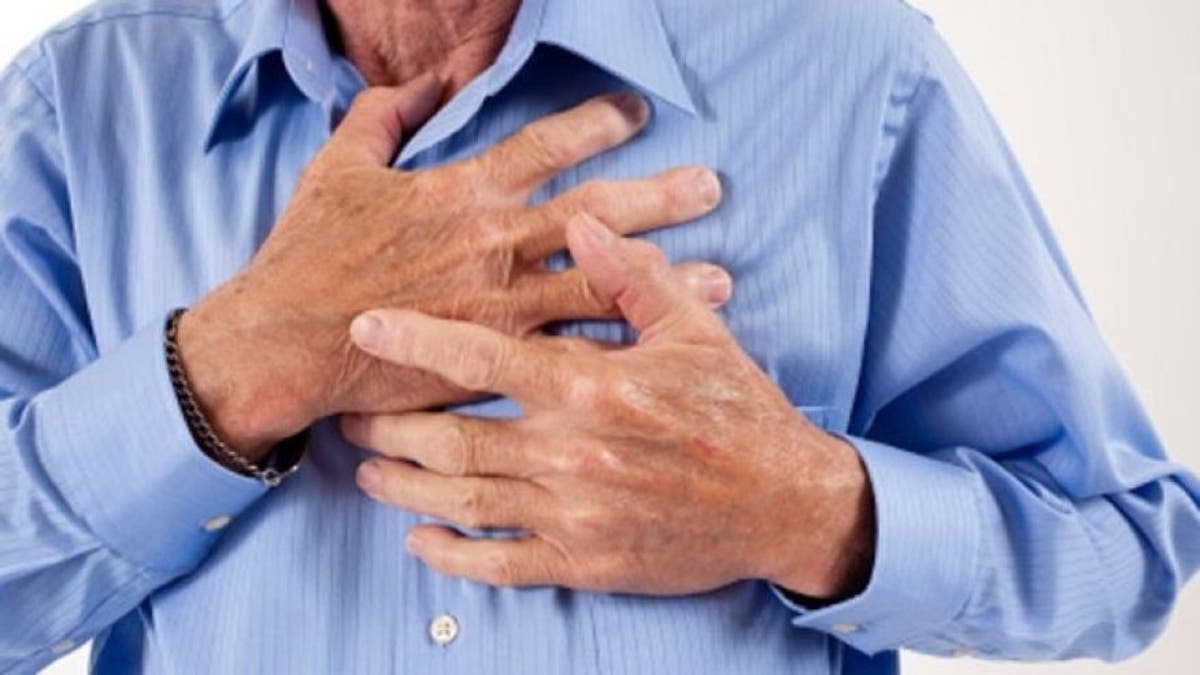
A large global study of more than 12,000 first-time heart-attack patients found a strong link between the attack and what the patients were doing and feeling in the hour preceding the event.
The study, published in the journal Circulation, found that being angry or emotionally upset more than doubled the risk of suffering a heart attack. Performing heavy physical activity in a highly emotional state more than tripled the risk. The researchers compared people’s behavior in the 60 minutes before the onset of heart-attack symptoms with the same one-hour period 24 hours earlier.
The results, based on an analysis of heart-attack patients in 52 countries, were consistent regardless of other, traditional cardiovascular risk factors, such as obesity, high blood pressure and diet.
Intense physical activity and negative emotions can increase heart rate and blood pressure, which reduces the supply of blood and oxygen to the heart, the researchers said. This can cause arterial plaque to rupture and trigger an acute myocardial infarction, or heart attack, they said.
Previous studies have found links between heart-attack risk and anger, stress, physical activity—even extreme happiness. But these mostly involved a small number of subjects from Western countries, the researchers said.
Researchers at the Population Health Research Institute at McMaster University in Hamilton, Ontario, analyzed data from patients who were examined and interviewed at 262 health centers around the world as part of a larger study. The patients, about three-quarters of whom were men, were 58 years old, on average.
In the hour before the first symptoms, 13.6 percent were engaged in heavy physical exertion, compared with 9.1 percent on the previous day. Feelings of anger or being emotionally upset were reported by 14.4 percent and 9.9 percent during the same periods, respectively. The majority of heart attacks occurred between 6 a.m. and 6 p.m.







































